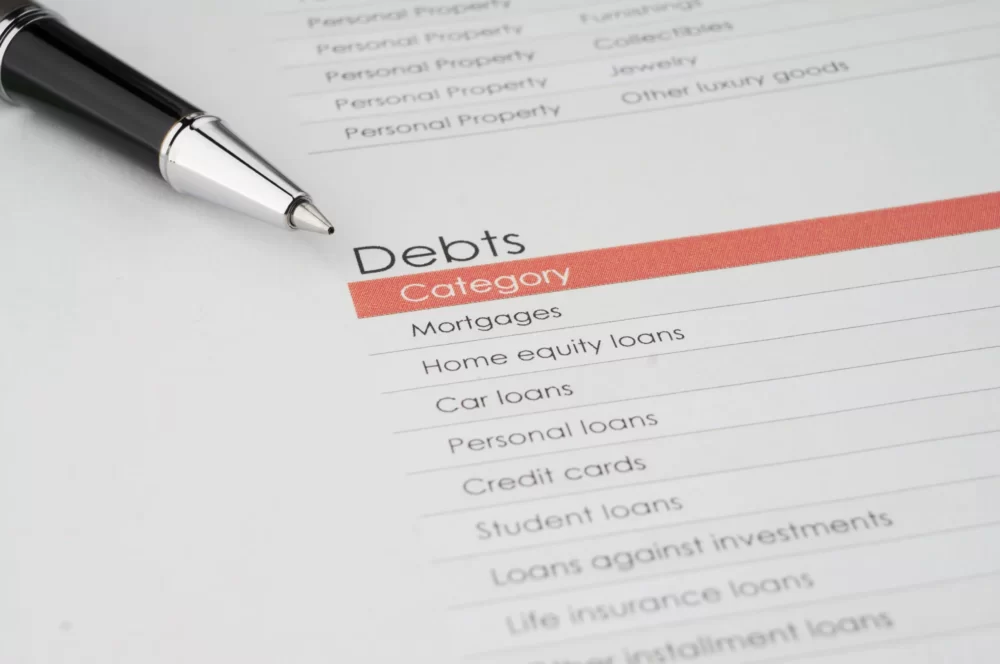There are no legal requirements in Canada covering the early repayment of auto financing. However, the loan officers at Laneway Auto Loans & Sales are familiar with some of the quicksands that can trap unwary borrowers in never-ending cycles of spiralling debt. They know that it’s all too easy for car buyers to be swept away by the exciting possibilities opened up by auto loans. So here are some of their top tips on how smart buyers can save money by paying off their car loans ahead of schedule.
Will I Be Penalized for Paying off My Car Loan Early?
Although relatively rare, some lenders charge a payoff penalty, if you decide to exit your loan agreement by paying off your outstanding balance. The reasoning behind this is that they don’t earn as much money on interest as planned, if you had continued to pay each month for the full term of your loan. These prepayment penalties have a dual purpose: they discourage lenders from early payback, while up for lost revenues, should they decide to settle ahead of schedule. These payoff penalties and charges may appear in your financing agreement in a few different ways:
- Percentage penalties charge you a pre-set portion of your outstanding balance on early repayment, with the percentage dropping over the term of your loan, with these conditions clearly disclosed in the documentation;
- Rule of 78s is a system where monthly payments settle the all the interest before being applied to the principal amount, thus ensuring that borrower pays the agreed amount of interest, even in settling the loan ahead of schedule;
- Precomputed loans calculate the full purchase price of a vehicle and the interest rate on the loan, with the borrower agreeing to pay off both amounts, regardless of early settlement.
Is There an Upside to Paying off My Car Loan Early?
If you have some spare money (and no higher-interest loans), there are plenty of benefits from paying off your auto financing. You can do this in either one or more lump sums, or by increasing the amount of your monthly payments.
These advantages include:
- Paying less interest, as auto loans are amortised over the term of your loan, through a settlement schedule that shows how each instalment is used. Each month, some of your loan interest and fees are paid off, with the rest paying down your principal;
- Improving your debt-to-income ratio, which reflects how much you owe compared to how much you earn, from all sources. Lenders look at your DTI to define the level of risk they’d incur through granting you an auto loan. Lowering your DTI by paying off your car loan early demonstrates that you probably have enough income to qualify you for a new loan for other purposes;
- Freeing up your cash flow allows you to do something else with those auto loan instalments, which usually hover between $300 and $800 a month for most Canadians, define by factors such as your interest rate, loan term and vehicle price;
- Avoiding negative equity, which happens when the resale value of your car drops faster than the outstanding amount of your loan. This is more likely to occur when loan terms are longer than six years, and interest rates are particularly high.
The bad news: It seems counterintuitive, but settling your debt ahead of schedule may lower your credit score. This is because paying off your loan shortens your prompt payment record (which accounts for 35% of your credit score), while also removing this type of loan from your credit mix (10%).
The good news: The financial experts at Laneway Auto Loans & Sales offer plenty of reassurance: your credit score will rebound quickly, provided you continue to pay off your other debts promptly.
